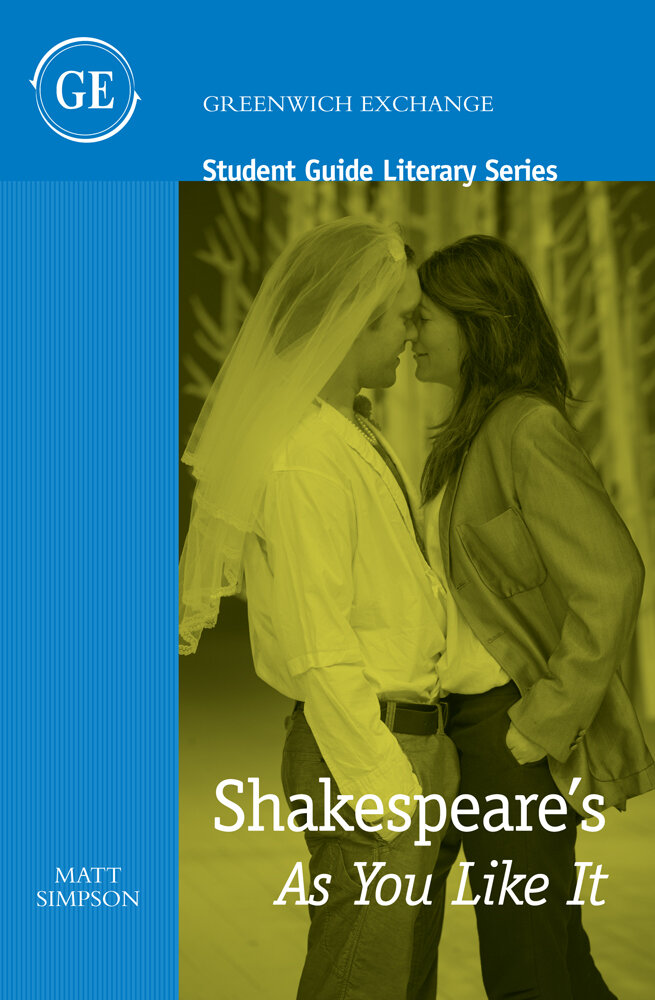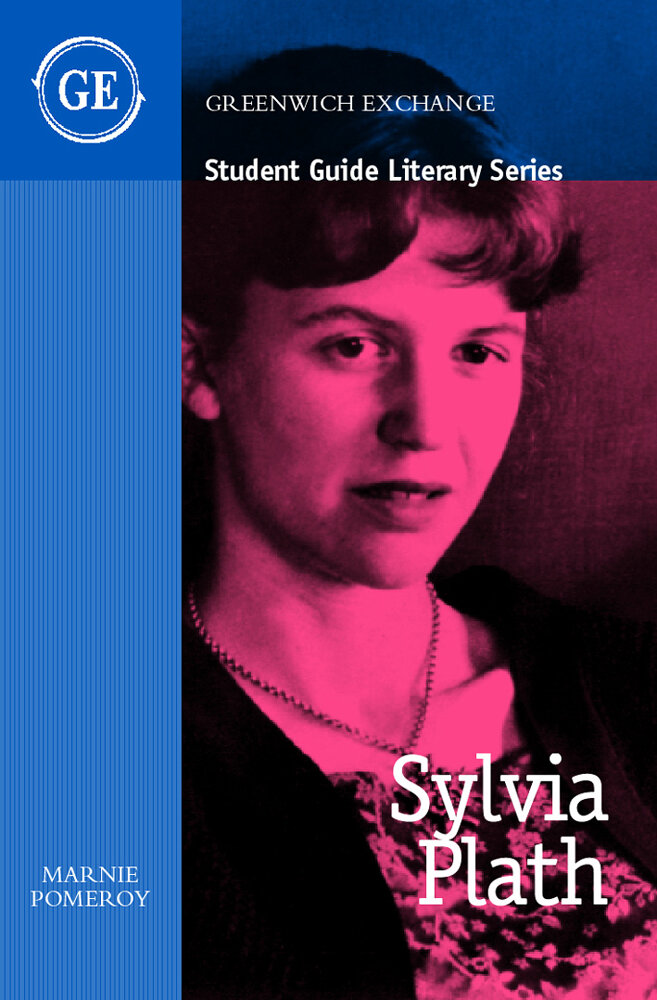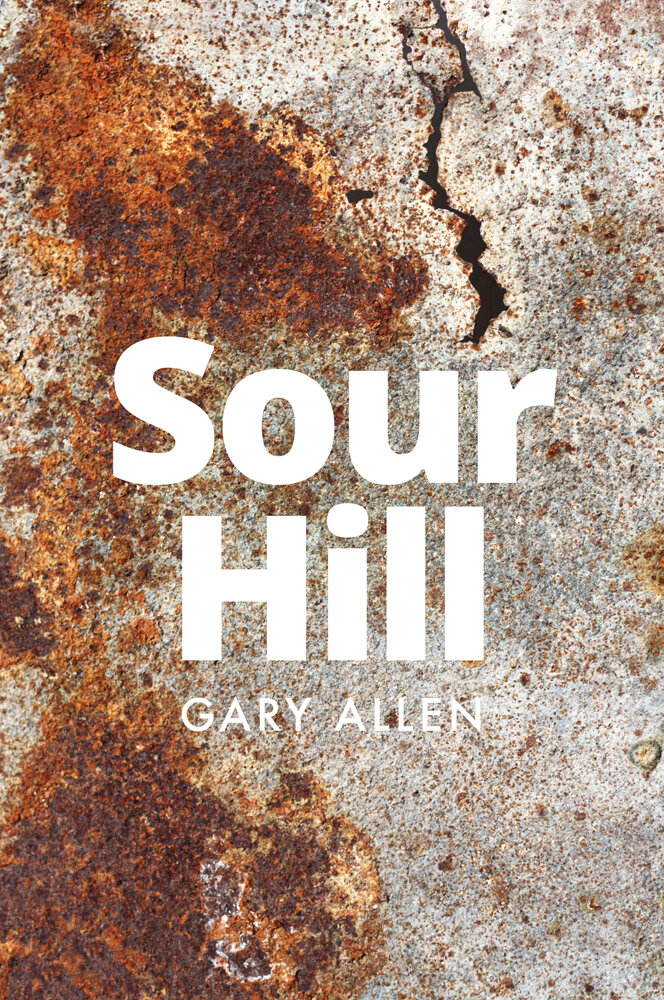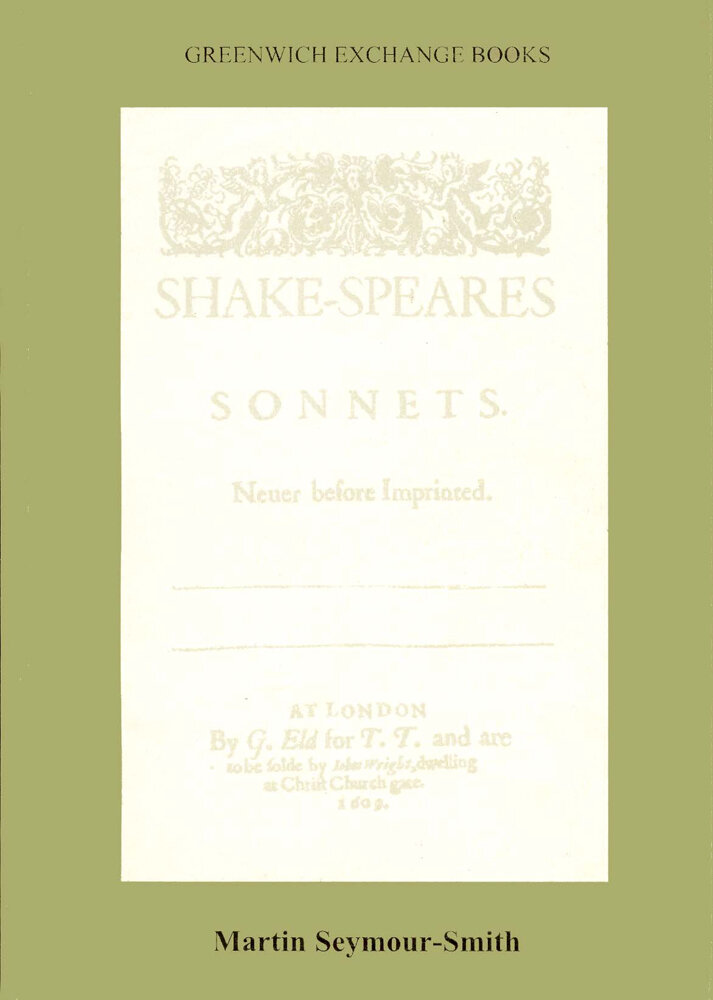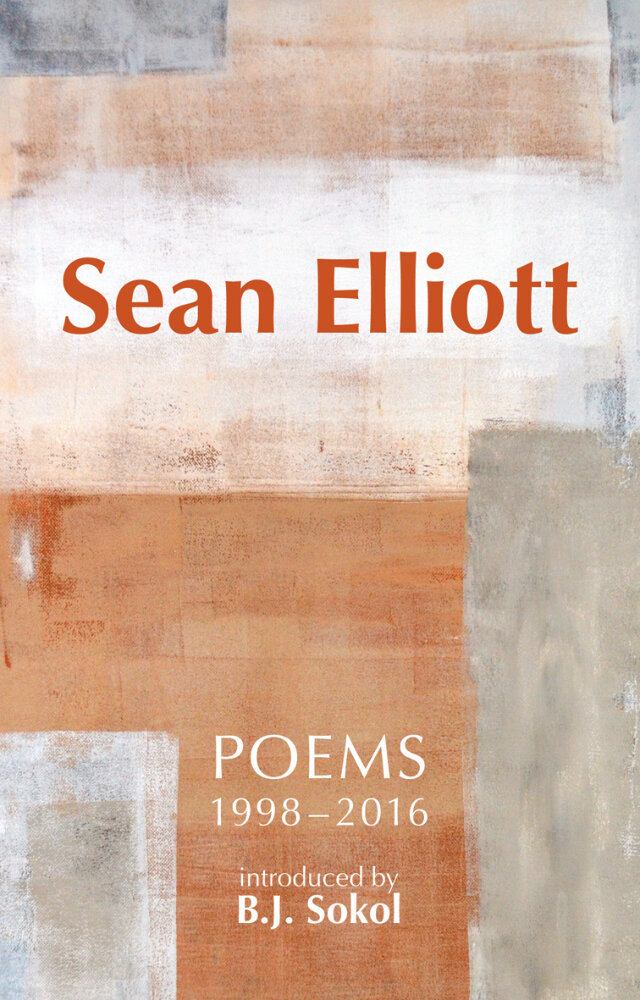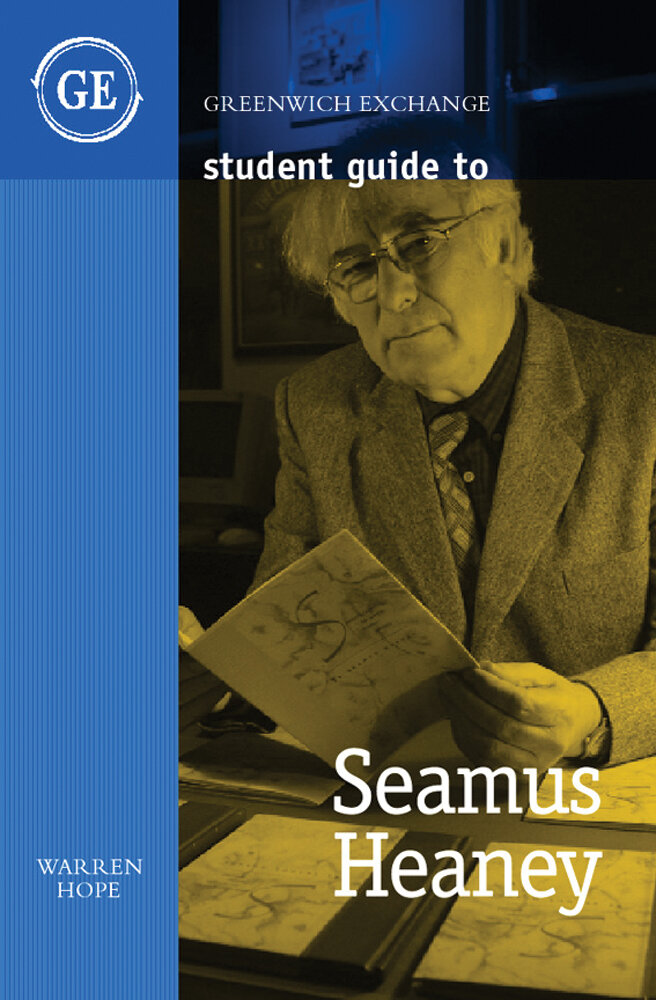 Image 1 of 1
Image 1 of 1


Seamus Heaney
In this critical study of the poetry of Seamus Heaney, Warren Hope finds a sharp disparity between the size and nature of the Irish poet's reputation and the quality of his verse. Hope argues that Heaney is at his best when he has something moving to say and allows himself to say it in personal, often awkward language that reads as if has been compelled. On the other hand, Heaney too often writes when he has little or nothing to say and in language that is often contrived, artificial, the result of ambition or professionalism rather than inspiration. This Student Guide continues a bracing re-evaluation of one of the greatest reputations in contemporary poetry.
About the author:
Warren Hope has written studies of Shakespeare, Philip Larkin and a biography of Norman Cameron, the British poet and translator. He lives in Philadelphia.
68 pages
ISBN: 978-1-871551-37-2
In this critical study of the poetry of Seamus Heaney, Warren Hope finds a sharp disparity between the size and nature of the Irish poet's reputation and the quality of his verse. Hope argues that Heaney is at his best when he has something moving to say and allows himself to say it in personal, often awkward language that reads as if has been compelled. On the other hand, Heaney too often writes when he has little or nothing to say and in language that is often contrived, artificial, the result of ambition or professionalism rather than inspiration. This Student Guide continues a bracing re-evaluation of one of the greatest reputations in contemporary poetry.
About the author:
Warren Hope has written studies of Shakespeare, Philip Larkin and a biography of Norman Cameron, the British poet and translator. He lives in Philadelphia.
68 pages
ISBN: 978-1-871551-37-2


